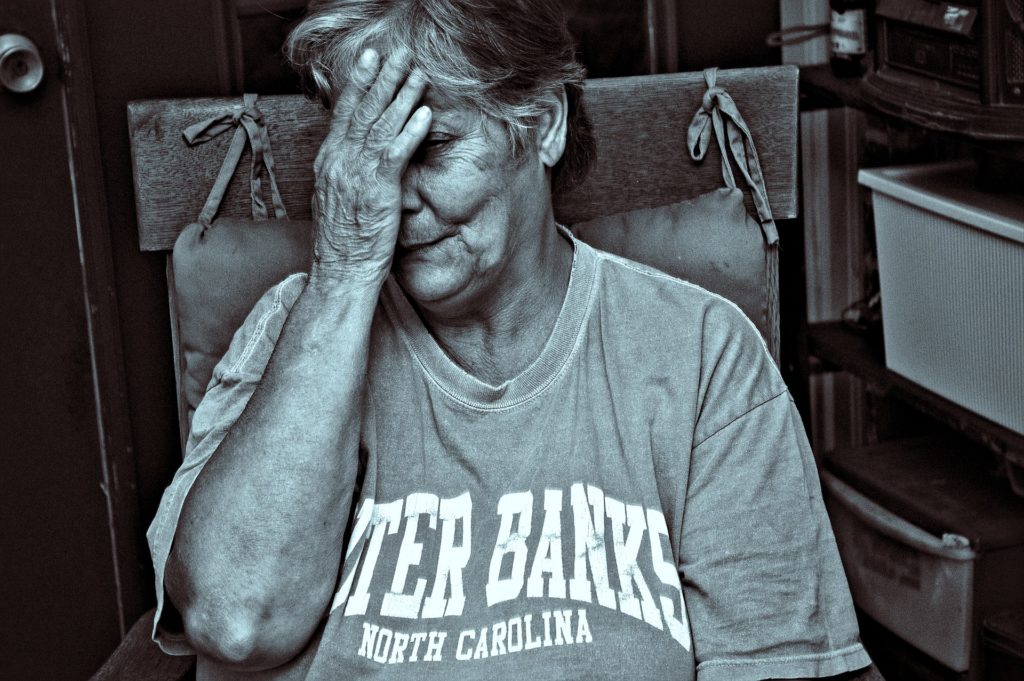In the mire of the ‘now symptoms’ it’s completely understandable that your eye isn’t on the longer term post menopause symptoms.
A menopausal woman’s life can literally be put on hold when the initial symptoms hit her with full force. You feel like you’re struggling, not coping, even failing at life completely.
But it’s not true about not coping and failing – these are surface symptoms. What it’s really about is massive and significant change and upheaval going on in your body. The short term consequences of this can be severe and disabling.
Click here for the next Menopause Workshop
Quick Fix With HRT?
Some women opt for HRT pretty early on, but as a GP and a friend to women my own age – I see a lot of stoicism. A lot of women are toughing it out, waiting for the day when their symptoms improve.
Some symptoms do improve with time, but others continue to get worse and worse. This is not talked about nearly enough!!
In my opinion post menopause symptoms should be considered right along with everything that’s happening now, because it will help you to decide what to do.
Menopausal women are at a cross roads with their health, probably without realising. They have important decisions to make that have the potential to make a huge difference to their long-term well being, and even their lifespan.
Post Menopause Symptoms
When I was making my own decisions about handling my menopause I took into very careful consideration the long-term effects of menopause. I view menopause very much as the ‘now symptoms’ and the fact that menopause never goes away and has long-term consequences, which get worse with time.
What are these post menopause symptoms and the long-term consequences? These are some of the bigger ones.
Frailty
More so than men women are vulnerable to getting frail as they get older. Consider how many ‘little old ladies’ you see compared to little old men. This is largely down to lack of hormones.
By midlife most women are already losing muscle mass and strength, unless they’re actively working to preserve it. Losing muscles is known as sarcopenia, and you get progressively weaker.
The other thing women tend to lose is their bone density, and this accelerates after midlife. The worst case scenario is osteoporosis which leads to bone fractures.
Imagine not being able to carry a shopping bag, not having the strength to get a lid off a jam jar, or being fearful of climbing on a chair to reach something for fear of falling off and breaking something.
There are many things you can do to support the strength of your body (more coming on this), but hormones play a major role with.
Brain Health
Brain fog is a common ‘now’ symptom of the menopause. Women often complain about suddenly becoming forgetful, and losing their mental sharpness. Little surprise when you consider that oestrogen, progesterone, and testosterone all act directly on neurons (brain cells).
Consider how many decades you may be around after your menopause, without these hormones supporting your brain health.
The initial “am I getting dementia?” fear that many women have at the time of their menopause can ease somewhat. One reason it can improve temporarily it your body adjusts to low hormones. But another is you just get used to feeling less sharp – an you put it down to getting older.
Urinary Problems and Painful Sex
Oestrogen is important for your bladder and vagina health. The tissues start to decline when oestrogen levels drops. Symptoms include:
- Vaginal dryness
- Burning and itching (can be confused with thrush)
- Painful sex
- Bladder problems
- Leaking/incontinence
- Having to run to the loo or you’ll wet yourself
- Having to get up at night to go to the loo
If you decide against HRT for any reason there’s the option of using oestrogen cream vaginally that is really effective at treating this bunch of symptoms. Your GP can help you out with this.
CVD
Cardiovascular disease is the number one killer of women – high blood pressure, heart disease, strokes, and vascular dementia are the main ones.
Oestrogen plays a big protective role to your cardiovascular health. Before the menopause we are fairly protected, afterwards we start to succumb.
Making An Informed Decision
Cumulative effects of menopause can be put down merely to aging, and you can definitely argue a case for that being true.
You can also argue that these problems are very much related to lack of hormones, and therefore unnecessary in the 21st century – especially when women are living many years with their menopause.
The thing to consider is how long you may live without hormones. The average age of a woman in the UK is around 81, but many women live much longer than this. I believe it’s possible to live longer and in good health.
In my opinion HRT is an important consideration to your longer term health – so think about it armed with the facts and push stoicism to one side while you do that.
When deciding whether to take HRT or not – do it with the bigger picture in mind.
Click here for the next Menopause Workshop
Best wishes
Dr Julie
